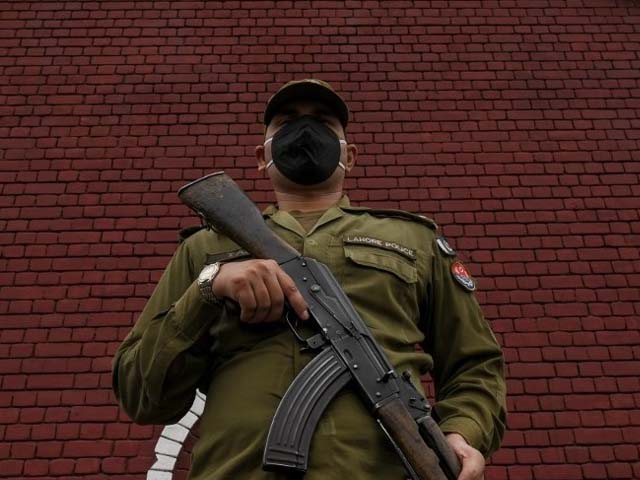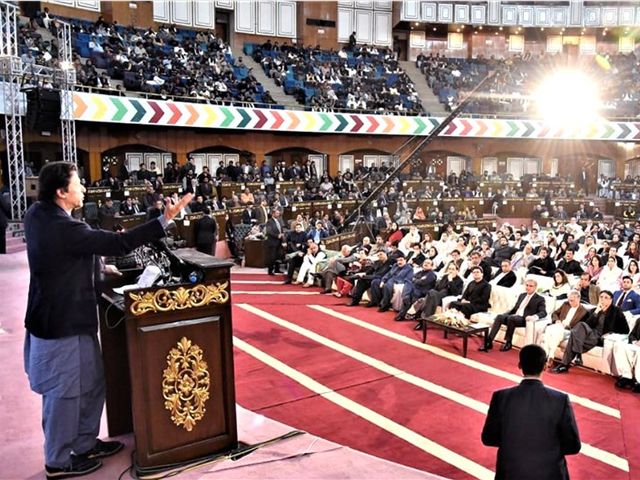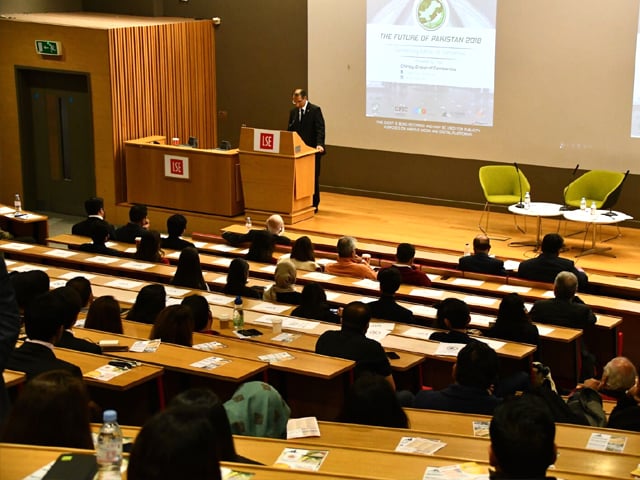
The police reforms Pakistan desperately needs
On September 10th, outrage erupted on social media across Pakistan in response to the tragic atrocity which took place a day earlier: the gang-rape of a woman on the Lahore motorway in front of her children. The mother and her kids had been stranded on the motorway past midnight and had been seeking assistance. In the days since, the deeper fissures of Pakistan’s polarised social discourse were exposed, as they always are in times of crisis. It is instructive for the purpose of this article to briefly linger over what the different camps are.
The biggest and perhaps most irreconcilable split is between those who have taken to lay blame on the woman for exposing herself to such a vulnerability and those who are horrified at such victim-blaming. These two camps are fairly neatly divided along demographic lines, with many religious clerics expressing tacit support for – or silent approval of – the former camp, and civil society members being near unanimous in their support for the latter. Insofar as the government itself is concerned, the situation is murkier.
While many politicians have jumped on the chance to condemn the incident and all forms of victim-blaming, many have chosen to take a somewhat strange ostensibly ‘middle-ground’ approach which is something to the effect of: ‘the rapists should be held to account, but the woman should also have been more careful.’ Naturally, this stance, espoused by many in the political mainstream has been castigated as victim-blaming disguised with a thin veneer of apparent objectivity.
Amongst those who rightly condemn victim-blaming, there is a further split: in days since a sub-group has very vocally espoused the hashtag #hangtherapists, which has garnered significant support on social media. Others in this camp have expressed caution with this approach, arguing that this only perpetuates a cycle of violence and prevents Pakistani society from interrogating the more structural problems which lead to rape being so pervasive in Pakistan.
Within this last sub-group is a further split about how best to pursue institutional and structural reform. Some have argued that the police officers who took more than 90 minutes to respond to a distress call should be held liable through some iteration of criminal negligence. Others have implored the government to instate sensitivity and rapid-response training as obligatory for all police officers. Most agree that CCPO Umar Shaikh should resign for his victim-blaming comments and be replaced by either female leadership or those who are more empathetic to the concerns of women.
Going over this general lay of the land of Pakistan’s political discourse is crucial; it demonstrates that with this level of disagreement on the most profound issues very little will be done to make sure that something like this never happens again. Even if the rapists are hanged or imprisoned, and the CCPO in question is promoted or fired, these micro-decisions will have a negligible impact on the safety of women in Pakistan’s public spaces. And yet more structural reform such as sensitivity training or education has attracted the scorn of Pakistan’s more conservative quarters, and is likely to be unworkable in any case: even if you have empathy towards the plight of a woman in any given incident, your sense of fraternity to your fellow police officers is going to make it very unlikely that you take decisive action.
Clearly, Pakistan right now is in search of reform that occurs upstream of all of these issues, can be accepted by the majority of people in a very polarised environment, and sidesteps problems of internal accountability.
There is one such reform which has revolutionised policing in other parts of the world. The Pakistan police and all its constituent departments must become such that we can always hear and see what they do and don’t do.
For starters, the audio of every single call to the police helpline(s) must be recorded and stored, and easily accessible to those who wish to access them through the appropriate channels. On some level, this will require a universal helpline instead of different numbers for different departments, as is common in many other countries. Secondly, a significant number of police officers on duty must wear body cameras when they respond to calls. While this is unlikely to be instated nationwide in the short term, a pilot programme in the major cities is definitely feasible. As with the audio recordings, the video from these cameras must be recorded and stored for anyone in the public sphere to access and examine.
These two simple reforms – being able to hear and see what our police officers do on the job – are likely to revolutionise policing in Pakistan. Crucially, such a reform doesn’t depend on looking at written reports written by police officers for the sake of other police officers. Seeing and hearing is believing.
Perhaps most importantly, this reform is likely to get mass nationwide support, because its implications lie outside the specific motorway case, or even the general epidemic of female insecurity in Pakistan. Over the past decade, Pakistanis on all sides of the political spectrum have been horrified by police actions of all kinds, such as extrajudicial killings, extortion and blackmail, protection of VIP persons and creating a general atmosphere of fear and insecurity. Hence even those who do not necessarily agree with the particular opinions of the civil society on this case or the position of women in Pakistan en masse are likely to voice their near unanimous support for such a reform.
Pakistan right now is deeply divided. And yet this tragic, terrible, horrific case has opened up a very narrow window of opportunity in which something can change. To compel our police officers to be seen and heard at all times when we ask for their help is and must be the first step towards change.




COMMENTS (1)
Each police station and sub offices need badly reforms and restructuring. These all institutions are made the dumping stores with full of ruining conditions having highly dirty and contaminated environment. The question must be asked from the rulers who is eating their repair and maintenance budgets worth billions per year. Those who talk about the police role to resolve the public issues must see and have documented the situations where the police forces are living in miserable conditions. Thus just lullabying and not investing on police reforms will not bring any change.
Comments are moderated and generally will be posted if they are on-topic and not abusive.
For more information, please see our Comments FAQ